The Invisible Ones
A photo series documenting the effects of invisible disabilities, including (but not limited to) chronic illnesses, learning disabilities, and mental disorders.
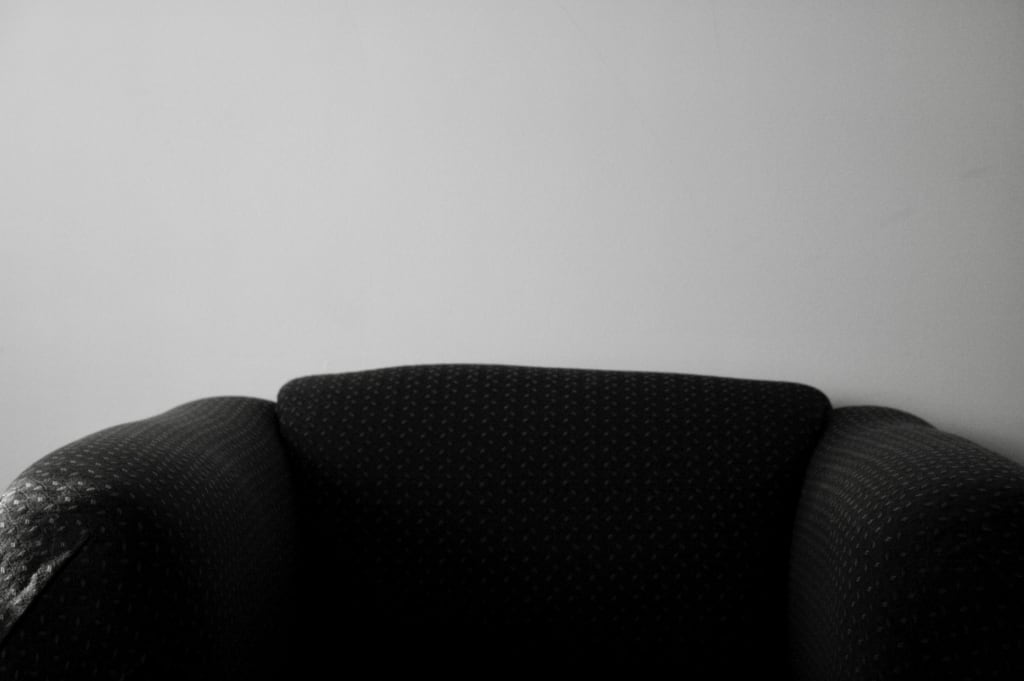
I had the opportunity to learn about and engage with the philosophy of disability studies this Fall, 2017 semester. I came to understand the models of disability and how they apply to the functions of an ableist society. Throughout my studies, I was interested in the functions of invisible disabilities, i.e. a disability that cannot be physically perceived on first glance. I wanted to understand how those who cannot be physically identified with the disabled community interact with a world that perceives them as “one of the able-bodied crowd.” Because of social perceptions of disability, my goal was to capture how individuals who dwell in the “gray area” of disability identity take part in the two communities.
This work focuses on taking each individual’s photograph in the same location with a monochromatic color scheme. These details are utilized to give each subject similarity, though their disabilities differ. My goal was to draw correlation between the figures, while obtaining individualized statements regarding each person’s disability. By using monochromatic colors, the subject blends in with the surrounds and the other subjects. This crafts the “invisible” effect of blending into a crowd, or being indistinguishable as outside the able-bodied community.
What about your disability makes you feel invisible?
Note: some answers may have been modified for length and/or clarity.
ADHD
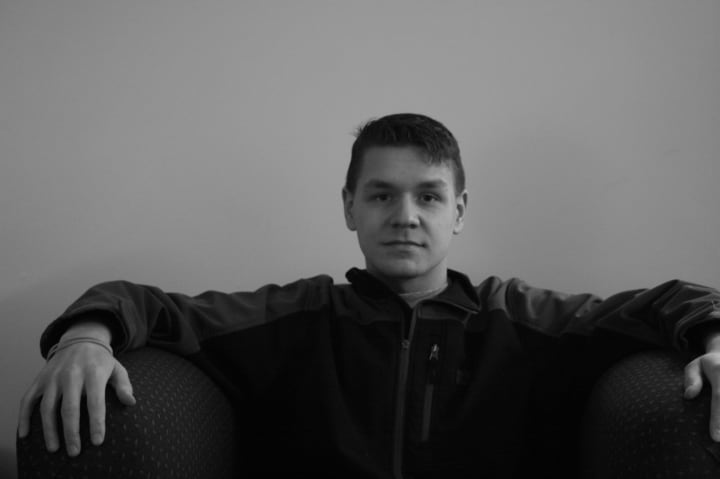
"Hmm. Um, people seem to think that ADHD is something that just doesn't exist, and that it is just 'kid's being kids,' and I had a false diagnosis because I was just being a kid and wanted to be controlled. But, even now at the age of 23, I can still feel myself not being able to control what I'm thinking, having impulses that I just want to do something random, and then I just can't really focus on one thing at a time for long periods of time. Even video games - when I was on my medication, I used to be able to play video games for hours on end. Now, I can't even focus on one game for anymore than two hours. So, it just makes me feel like a lot of people take the ADHD for granted and like, just chalk it up to not being able to concentrate and not being able to handle yourself. It's not."
Anxiety and Depression
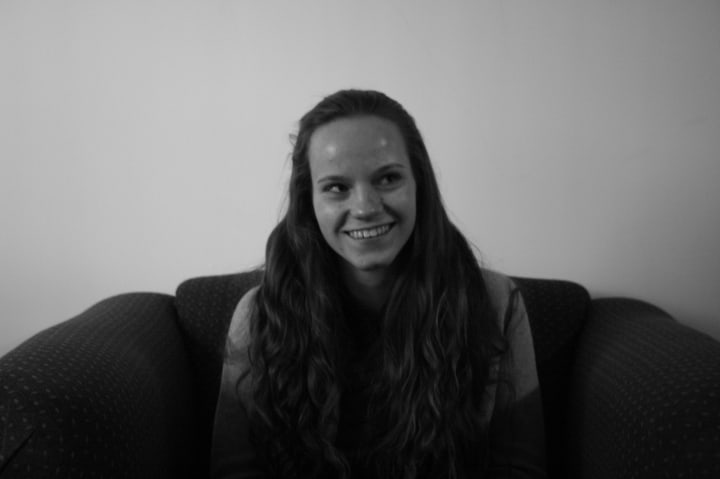
"Most of the time, I feel that others have a tendency to disregard my anxiety because I usually do well in school. However, I work very hard for the grades I receive. This can make me feel that others don't think the anxiety and stress I experience is real and valid. Whenever I am stressed, people will usually tell me I shouldn't worry because I always do well, but what most people don't understand is that I can't control it. Sometimes, I will be anxious for a test or assignment that deep down I know I will do well on. However, I can't always convince myself of this. I think a lot of people think that school is easy for me, but what they don't see is the daily struggle I face against myself. It is also frustrating for me because I don't even fully understand it, and my anxiety makes me my own worst enemy."
Dyscalculia
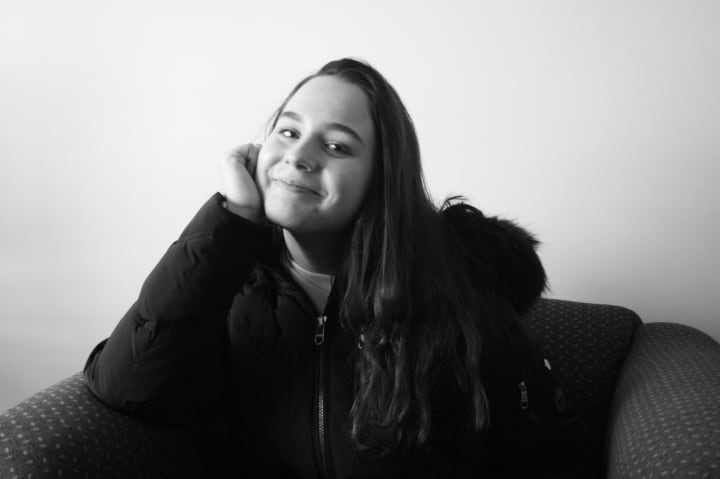
"Throughout my life, I have been privileged to have parents, teachers, professors, and friends who understand dyscalculia and accept me. Because I am able to "pass" I often do not feel invisible because of others. However, I admit that I make myself feel invisible. Whenever I cannot calculate something as quick as others, I feel ashamed. It is myself who does the shaming, not others."
Manic Bipolar Disorder
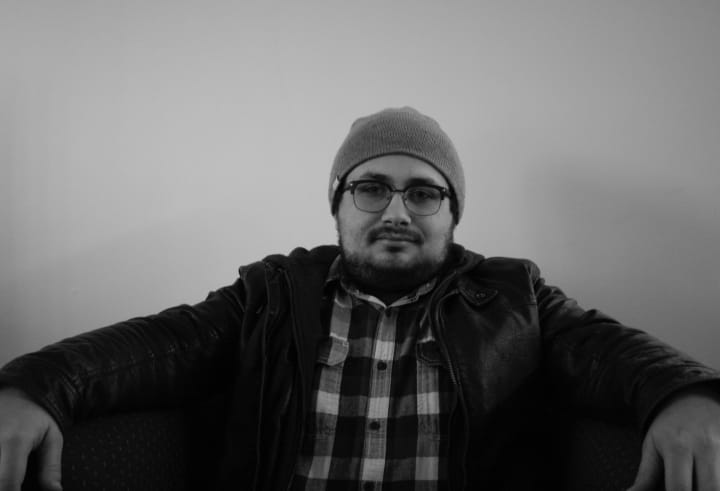
"I guess the biggest issue that comes with that, regardless of how you're feeling, no matter what, people keep you at arm's length because they're not sure that the emotion their experiencing [from you] now is the actual emotion you're feeling. So it's like, if I'm sad or I'm angry, people keep me at arm's length because they're not sure if I'm actually sad or angry, they just think 'oh is this a mood swing? is this mid-swing?' People don't fucking listen. They think it's just a phase. That's what I'm met with constantly, regardless of the reality of my disability or what I say."
Nyctalopia, Color-Blindness, and Anxiety
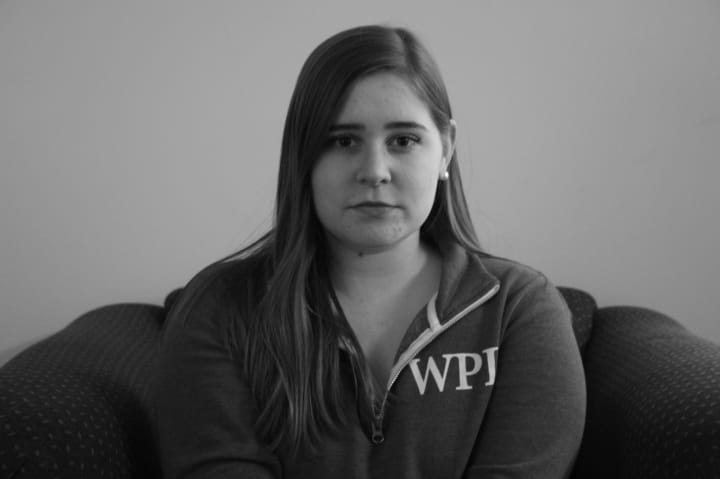
"I was graciously bestowed the privilege of living with anxiety, color vision deficiency, and nyctalopia (more commonly known as night blindness). They are my constant companions throughout my life, but sometimes cause me to feel left in the dark, pun intended. No one really believes nyctalopia is a real condition. When I inform someone of my unique condition, they laugh as if I was joking. When people don’t take my disability seriously, I feel like I really do blend into the darkness. On top of that, it’s hard to make people understand how it feels to lack a certain ability that they use on a daily basis without even thinking about it. Do you remember the last time you looked at the stars? Because I can’t see them. Do you remember the last time you left your house without a flashlight? Because I always have one on me. It may not seem like a huge problem, but when you have a condition that people don’t understand, they tend to disregard it. Not only can I not see at night, but during the day it doesn't get much better. Being colorblind can cause me to feel as though people can’t see me just as much as I can’t see the color shirt they're wearing. I think the time I’m most aware of being colorblind is when people tell me that my outfit doesn't match. In my mind it does, so sometimes I forget to check with other people before I leave the house. When people point that out, I don’t get offended. This is because most of the time they don’t realize I'm color blind. To build on top of these challenges, my anxiety makes sure I never forget about them. Having anxiety is difficult in and of itself, but it’s honestly increased when my other disabilities are at play. For example, walking alone at night my anxiety is on full blast because I am unable to see anything. That makes the fear that every college female has walking alone at night even more prominent. Because people can’t see my anxiety, they don’t tend to ask if I need company walking home at night. But when people don’t see these difficulties, how are they supposed to know to ask?"
Rheumatoid Arthritis and Hyper-Anxiety Disorder
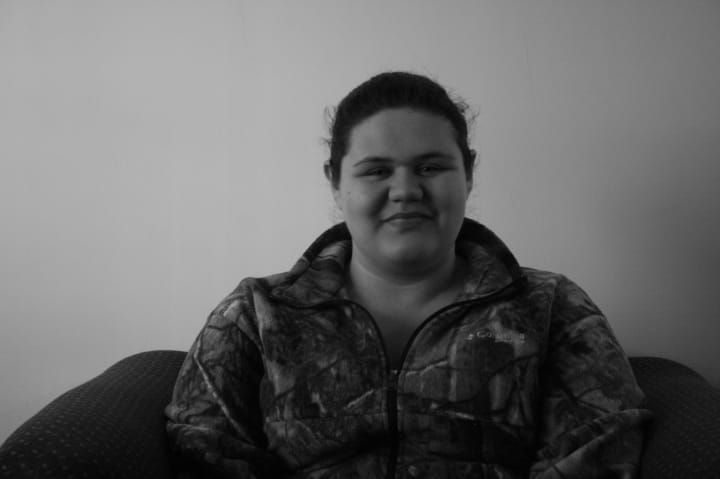
"People (often times professors) make the assumption that I'm not listening to them or writing notes because I'm lazy. But in reality, my mind is racing about chores at home or other work I have to do, or I'm not writing notes because my hands are so swollen that I can't write. I have to work ten times harder to scrape by and it doesn't come off that way."
Ulcerative Colitis
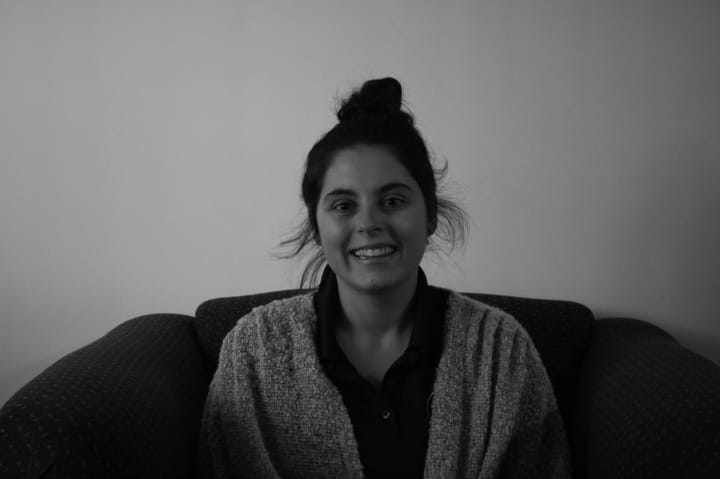
"Since no one can obviously see it on the outside, people assume I'm fine and everything is normal. What they can't see though is an extreme pain that I have to live with, that I have to go through for days at a time if I'm not careful. It makes things harder, like school and practicals, because one day, I'm going to have to endure this pain while helping patients, and I need to find a balance now to do that. I hope that people will understand if I'm struggling that I can't do anything to change it, and that they care enough to help."




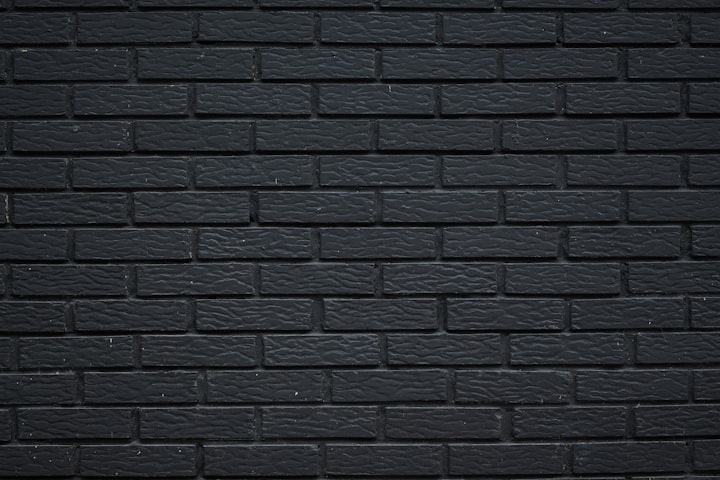

Comments
There are no comments for this story
Be the first to respond and start the conversation.